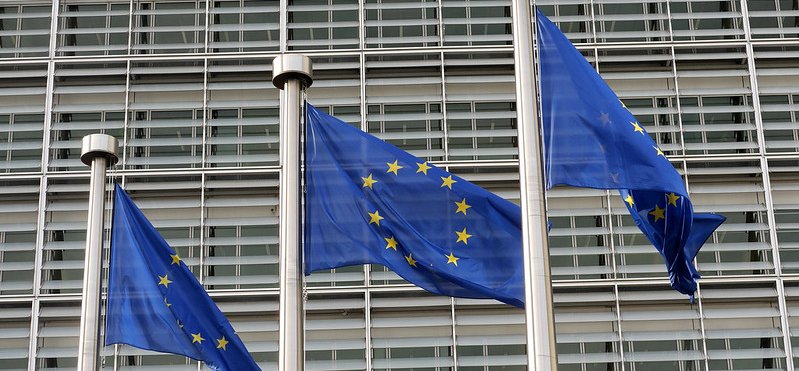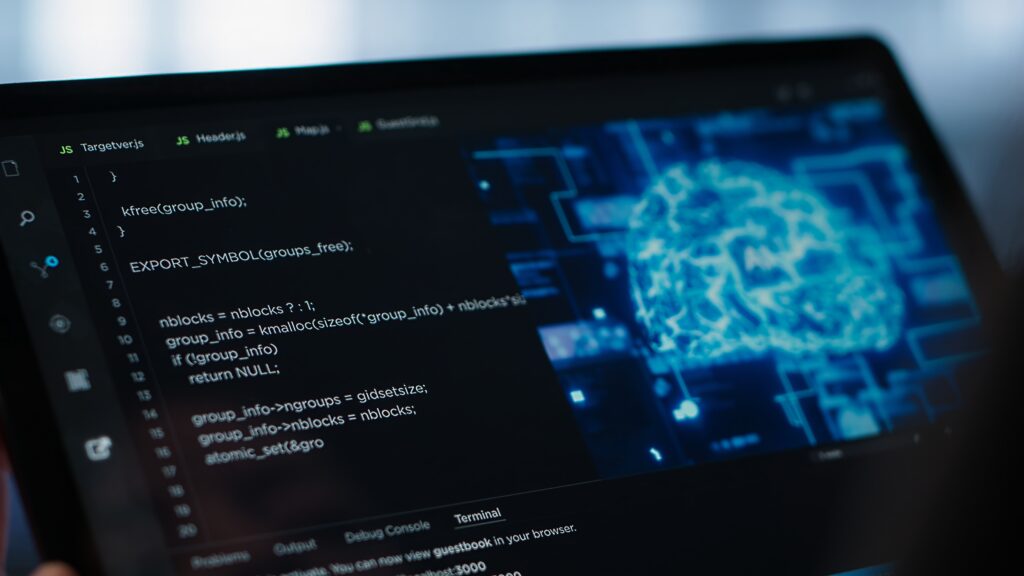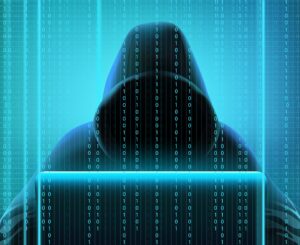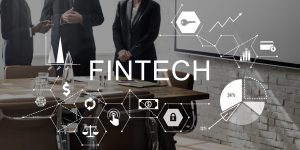Digital Watch Observatory - Digital Governance in 50+ issues, 500+ actors, 5+ processes

Survey participants emphasised the need for regulation and oversight to ensure AI in aviation remains safe, explainable and certification-ready.

Researchers 3D-print ion traps that capture ions ten times more efficiently, opening the door to larger, scalable quantum computers.

A new ITU blueprint highlights urgent global investment needed to connect the remaining 2.6 billion people offline.

Proposed rules under the FIEA would introduce stronger enforcement, regulate brokerages, and curb scams, aiming to enhance investor protection in Japan’s crypto market.

Although many experts long rejected the dead internet theory, Sam Altman’s observation about AI bots has renewed discussion over the balance of real and artificial voices.

Digital euro is planned to enhance Europe’s payment system resilience while ensuring access for all citizens, including those with disabilities or limited digital literacy.

Critics warn that relying heavily on AI for mission-critical coding could expose Coinbase to bugs and vulnerabilities affecting billions in digital assets.

The partnership gives PayPal customers advanced AI tools for search and browsing, with added cash back and subscription management benefits.
Must read
Analysis
Is AI therapy safe, effective, and ethical?
AI chatbots may offer companionship, but they cannot replicate empathy or clinical expertise in mental healthcare.
Analysis
Green AI and the battle between progress and sustainability
AI is emerging as both a driver of environmental strain and a potential force for sustainable solutions, raising urgent questions about whether innovation and ecological responsibility can truly advance together.
Analysis
AI in justice: Bridging the global access gap or deepening inequalities
AI offers tools to expand access to justice globally, but without transparency, oversight, and human-rights safeguards, it risks deepening bias, exclusion, and eroding public trust.
Analysis
Stablecoins unlocking crypto adoption and AI economies
Is global finance on the verge of discovering the missing piece that unlocks crypto’s full promise and reshapes the future of the digital era?
Analysis
UN OEWG concludes, paving way for permanent cybersecurity mechanism
The OEWG on ICT security has adopted its Final Report after intense negotiations on responsible state behaviour in cyberspace. We unpack key takeaways, highlight key changes across drafts, and explore how a narrow path to agreement finally emerged.
DW monthly
Digital Watch newsletter – Issue 101
Issue 101: In our #101 June 2025 issue, we unpack the IGF 2025 and dive into WSIS+20, HRC and ITU, sorting out the latest digital trends in cybersecurity, AI governance, digital divide, geopolitics and others for the month of June
DW WEEKLY
Weekly #228 Roadmap to the digital future: WSIS+20 zero draft paves the way
DW Weekly #228: WSIS+20 zero draft paves the way for the digital future, Google avoids forced breakup in search monopoly trial, CJEU dismisses bid to annul EU-US data privacy framework, and SCO Tianjin Summit puts tech, AI, and digital governance high on the agenda.
DW QUARTERLY
Digital Watch Quarterly Newsletter – Issue 1
2025 Jan - Mar | Q1 newsletter: The first quarterly newsletter 2025 reveals a revolutionary shift in the AI landscape: 'bigger isn't always better.' As the race for AI dominance accelerates, smaller, specialised models outperform massive systems, disrupting long-standing assumptions. Meanwhile, AI governance shifts its gaze from distant existential threats to today's tangible issues, such as job security, education, and privacy. Amid these rapid developments, companies and governments must choose between continuing investment in large-scale projects or embracing smarter, leaner AI solutions.
DW at a glance
TRENDING
The process towards a Global Digital Compact
How will the Global Digital Compact be developed and what will it focus on?
Explore the Observatory
Digital Technologies
From internet applications to quantum computing, we focus on advanced and emerging digital technologies which are increasingly reshaping our economies and societies.
Clusters of Policy topics
We unpack digital policy by exploring over 50 topics – from access and sustainable development to network security and the future of work – classified in 7 clusters.
Processes
Follow some of the most important digital policy processes, from the EU's work on the Digital Services Act/Digital Markets Act to the UN Cybercrime Ad Hoc Committee.










